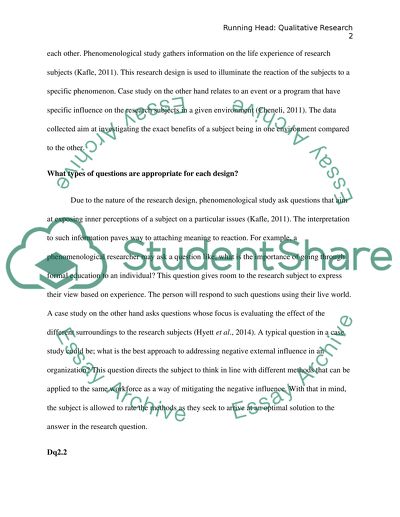Cite this document
(Approaches of Different Research Methods Assignment, n.d.)
Approaches of Different Research Methods Assignment. Retrieved from https://studentshare.org/sociology/1665876-dq-sheila
Approaches of Different Research Methods Assignment. Retrieved from https://studentshare.org/sociology/1665876-dq-sheila
(Approaches of Different Research Methods Assignment)
Approaches of Different Research Methods Assignment. https://studentshare.org/sociology/1665876-dq-sheila.
Approaches of Different Research Methods Assignment. https://studentshare.org/sociology/1665876-dq-sheila.
“Approaches of Different Research Methods Assignment”, n.d. https://studentshare.org/sociology/1665876-dq-sheila.


